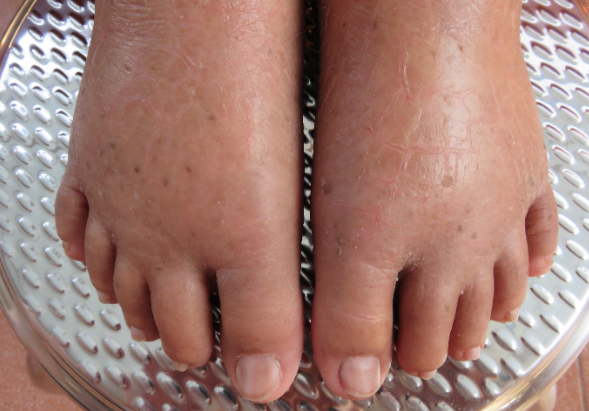Lymphoedema is a chronic condition that affects many people in New Zealand. It occurs when there is a build-up of lymphatic fluid in the body’s tissues, leading to swelling and discomfort. Lymphoedema can occur in various parts of the body, including the arms, legs, and torso, and can lead to mobility-related challenges. It is essential to understand the condition and how to manage it effectively.
Causes of Lymphoedema
Lymphoedema can be caused by various factors, including:
Surgery: Surgery that involves the removal of lymph nodes can damage the lymphatic system, leading to lymphoedema.
Radiation therapy: Radiation therapy can damage the lymphatic system, leading to lymphoedema.
Infection: Infections that affect the lymphatic system can cause lymphoedema.
Genetics: Some people may be born with an abnormal lymphatic system, leading to lymphoedema.
Mobility Challenges
Lymphoedema can cause mobility-related challenges, including:
Difficulty walking: Swollen legs and feet can make it difficult to walk.
Reduced mobility: Swollen arms and legs can make it difficult to move around independently.
Increased risk of falls: Swollen legs and feet can reduce balance and increase the risk of falls.
Mobility Aids
Several mobility aids can help individuals with lymphoedema manage their mobility-related challenges, including:
Compression garments: Compression garments can help improve circulation and reduce swelling in the affected area, making it easier to move around.
Walking aids: Walking aids such as canes, walkers, and crutches can help improve balance and stability, reducing the risk of falls.
Mobility scooters: Mobility scooters can provide individuals with lymphoedema with a means of transportation, allowing them to travel independently.
Lift chairs: Lift chairs can help individuals with lymphoedema stand up from a seated position safely and independently, reducing the risk of falls.
Lymphoedema can cause a range of mobility-related challenges, but there are several mobility aids available that can help individuals manage their condition and maintain their independence. It is essential to consult with a healthcare professional to determine the best mobility aids for your individual needs. Proper management of lymphoedema can lead to improved mobility and a better quality of life.
More Information
Lympho Eedema | Health Navigator NZ

